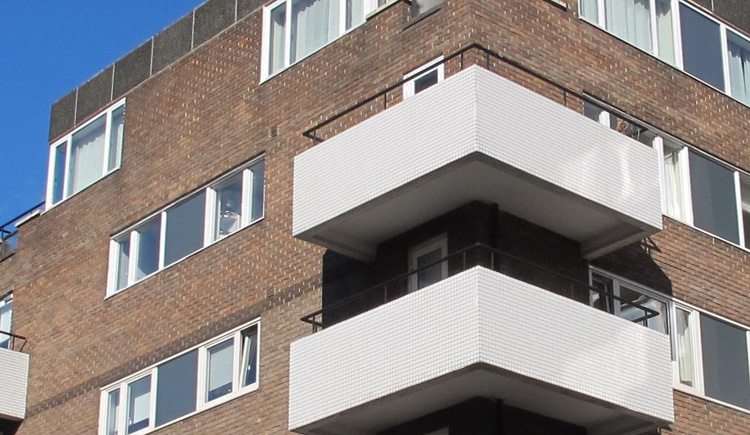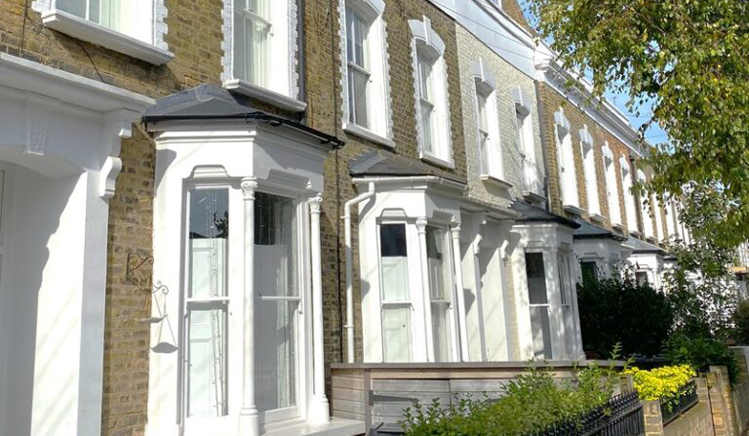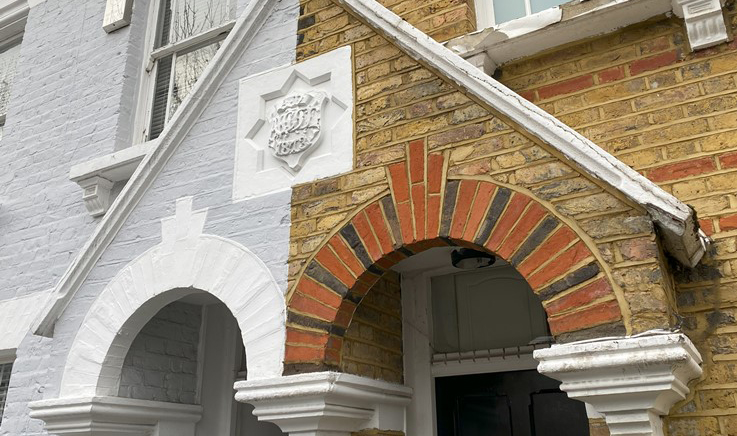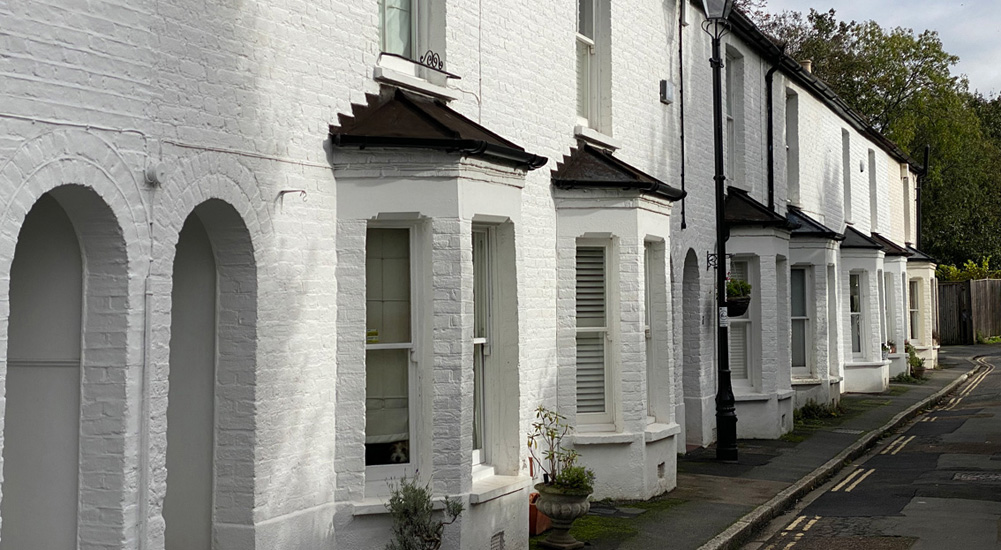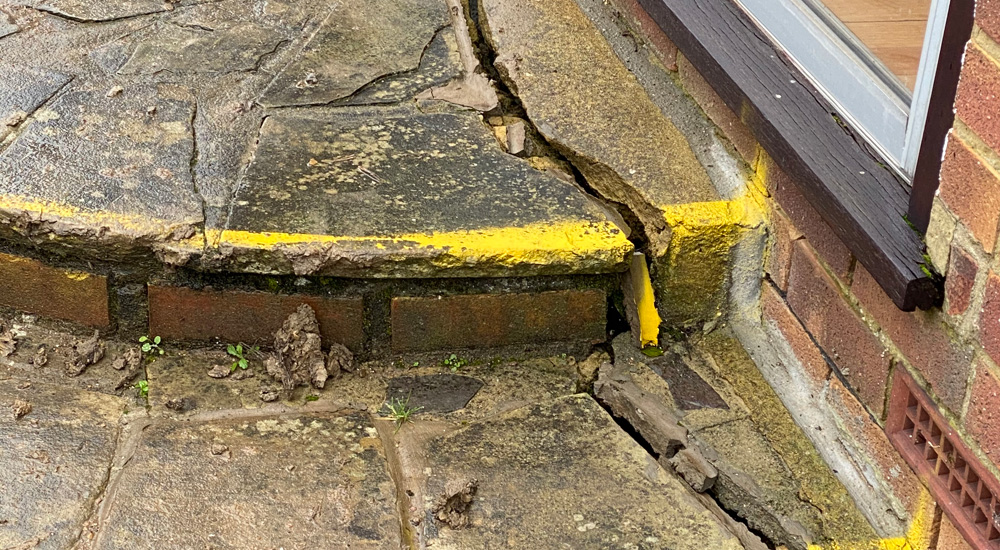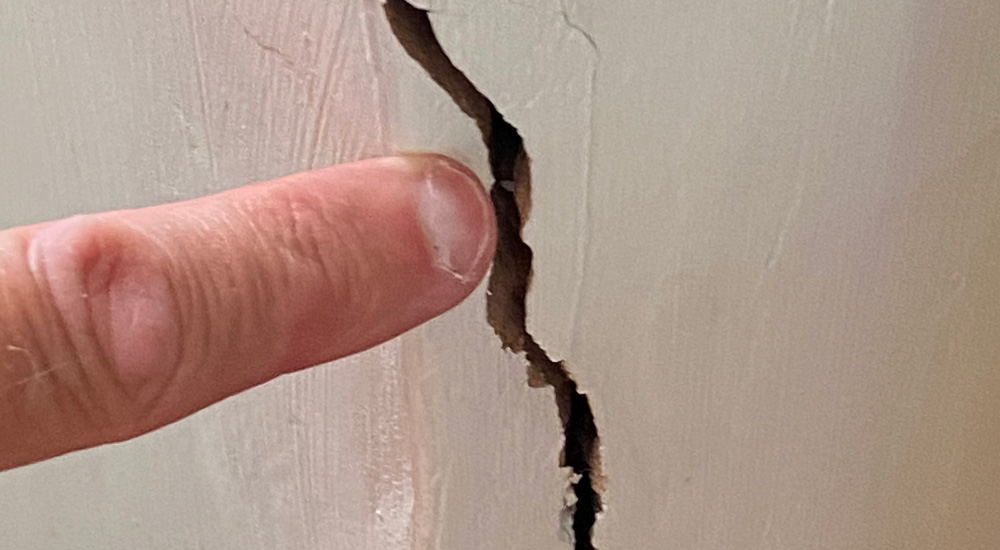Recent developments in the building industry have significantly impacted clients, both residential and commercial, as well as designers, builders and contractors. Following the tragic events at Grenfell Tower in North Kensington, West London, there have been sweeping changes regarding the…
Structural Engineers Reports . Org
Browse our Blog resources tailored to you and your needs regarding everything to do with Structural Engineering Reports
This article aims to inform the public and should not replace the advice of a Chartered Structural Engineer or Geotechnical Engineer. When purchasing a property in Greater London, contacting the Local Authority as part of your searches will provide guidance…
There are many occasions when the services of a chartered structural engineer may be required. These can broadly be put into two distinct categories: A) Consultancy advisory reporting advice B) Design advice – calculations and drawings. This article focuses on…
Reason for contacting us A prospective buyer commissioned an RICS survey which noted cracking to the front elevation inside and out including to the neighbouring property in Kew, Middlesex. SERL Pole Structural Engineers Reports were contacted by the buyer who…
This article provides a general introduction to a broad topic, what is subsidence, while subsequent articles will look into more technical aspects. It aims to familiarise the average person with the concept, explaining what it is, where it commonly occurs,…
In our first article on cracks, we discussed in detail what is a crack and why we worry about them. In this second article Simon Pole BSc C Eng FIStructE MICE MRICS MAE of SERL Pole Structural Engineers Reports, a…
Recent Posts
- A Structural Engineers General Inspection Report (GSI) Streatham, South-West London
- A Structural Engineers General Structural Inspection (GSI) Report Sheen, SW London
- Certificates of Structural Adequacy (COSA)
- Structural Engineers General Inspection Report, Raynes Park, London SW20
- The Property Subsidence Assessment (PSA)
CONTACT
SERL Pole Structural Engineers Reports
4 Bloomsbury Square London WC1A 2RP
60 High Street, Wimbledon
London SW19 5EE
SERL POLE STRUCTURAL ENGINEERS
Copyright © 2025 All Rights Reserved
Website Design & Managed by Two Lizards & Profitable Websites




